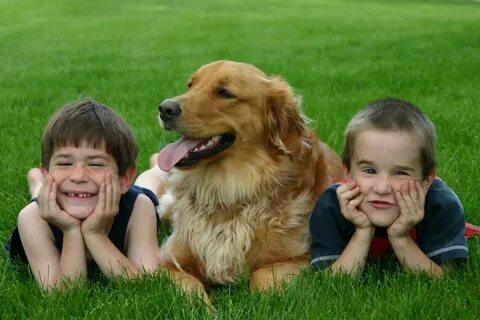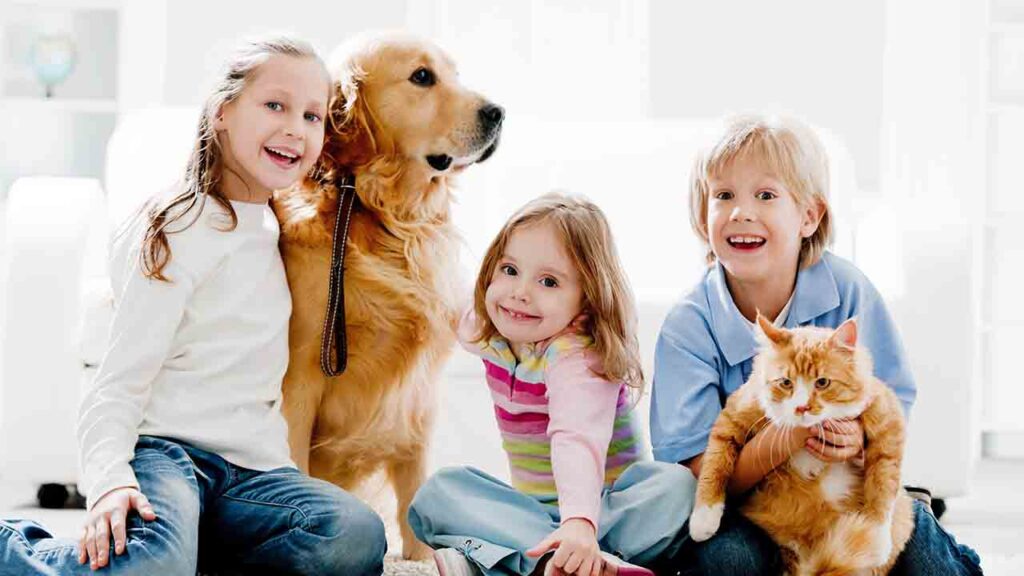Animal Owners and Children: Can They Make Perfect Babies?
Some of our cutest animals are tiny little furry critters who we instantly fall in love with. However, sometimes even trust is a necessity. Just because a critter looks at you with cute, big eyes and soft fur that seems as soft as newborn snow does not mean it is safe to touch. What should you do with an animal that may have gotten lost or eaten its reflection?

When it comes to dealing with animals the old saying applies: If it ain’t broke don’t fix it. Animals have needs just like people, and it is important to meet those needs as early in life as possible. For instance, babies have their first hunger sensations when they are still in the mother’s womb. And many animals, especially young children, experience teething troubles early on in life as well. If an animal you’ve brought into your home is sick or has gotten injured, make sure to give it the attention it needs right away, or it will suffer longer than it should.
There are also times when young children shouldn’t be around animals. Babies and young children are at greater risk for serious injury or death if they are forced to play with animals. Young children must be separated from animals when under the watchful eye of a professional while in the early stages of their lives. This should always be a top priority for any responsible parent.

There are also instances when you may want to allow your infant to hold on to one of its favorite toys. Most humans don’t want their babies to be held by anything they would consider “bad.” However, it has been determined that dogs enjoy giving babies teething pains, which is why scientists believe they should be allowed to. Why? Because dogs have thicker, more resilient skin and can therefore withstand the pain. In turn, dogs can bond better with babies than infants can, which means dogs generally enjoy the bonding experience more than infants do.
Most parents who are considering pet-keeping have also considered how having animals can affect their child’s development. Studies have shown that children who have close human contact grow up to be more emotionally mature than those who do not. Pet-keeping also allows for greater communication between parent and child. Pets make us come into contact with other animals and our interaction can influence how we see the world through their eyes. So if you have chosen to keep animals as pets, consider whether or not having a pet can help your child grow up emotionally.

While having animals might seem like a wonderful idea for new parents, it is important to weigh the pros and cons carefully. Small children and animals don’t always make good companions. If you think carefully about whether or not animals will benefit your kids, however, you may decide to adopt them, at least for the time being.
Animal Owners and Children




0 Comments